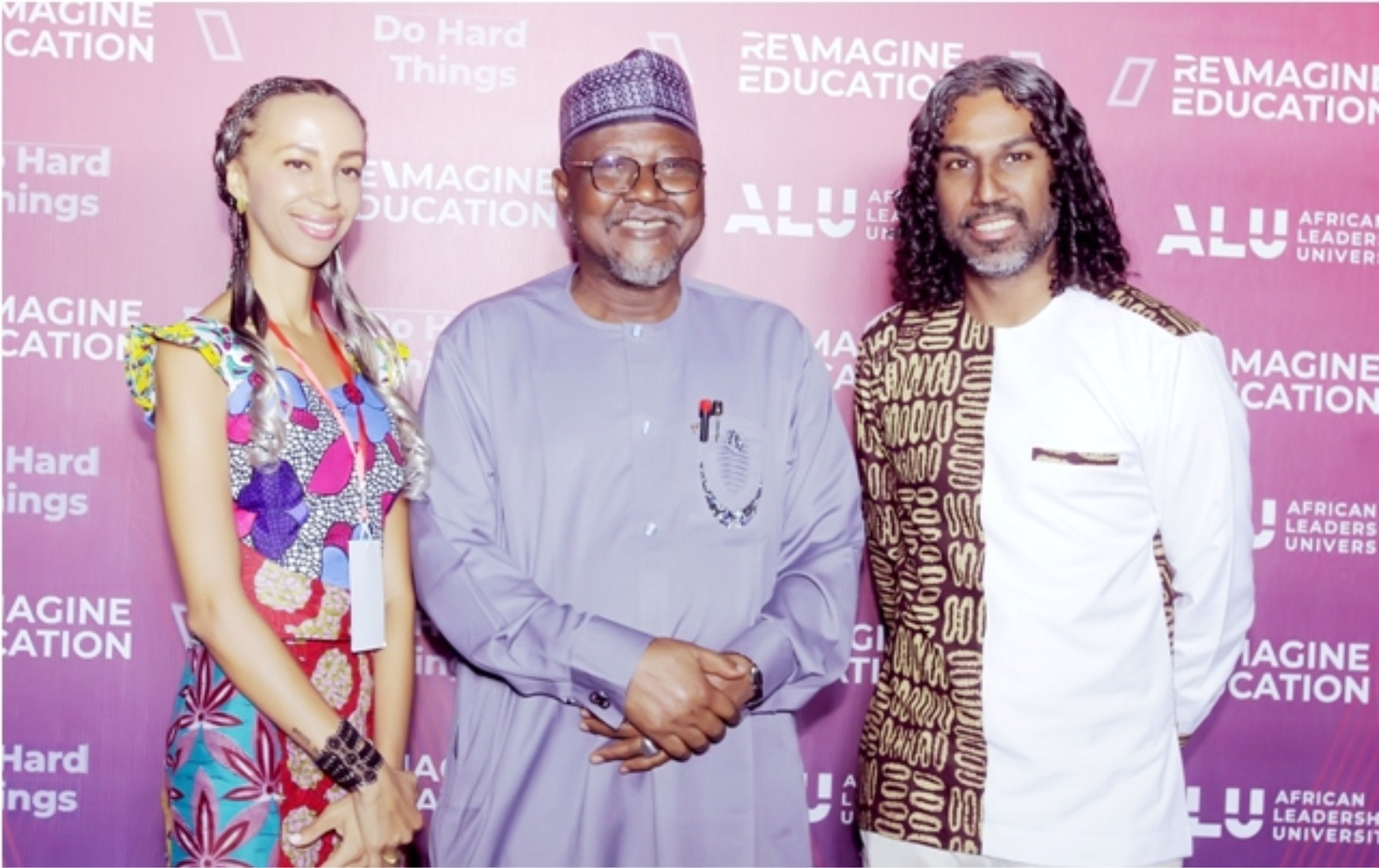
With innovation in higher education in discourse, over 300 experts from across Africa expressed the conviction that Nigeria has the potential to spearhead an educational transformation that would position the continent to become the global economy’s future manpower resource base.
Such submissions were made at the inaugural African Leadership University’s Reimagine Education Conference in Lagos on Friday, March 22, 2024, which deliberated on innovation capital in higher education on the continent. The theme of the one-day conference was, “What a Transformative Education can do for Nigeria”.
In his welcome address, Veda Sunassee, Chief Executive Officer of African Leadership University (ALU), organizers of the event, said the importance of higher education in Africa’s socio-economic development cannot be over-emphasized, especially as 40 percent of the global population is projected to be African at the turn of the century.
However, only a paltry 9.2 percent of the African population is in higher education, the very bedrock of manpower development, noting that this situation makes it imperative to invent and power Africa-centric innovation in education.
To achieve this goal, Sunnassee said archaic educational regulatory frameworks need to be jettisoned and replaced with ones that prepare people for an ever-changing labour market.
Such paradigm shift underscored the establishment of the ALU, which offers bankable innovation capital, as well as the launching of the Reimagine Education series as a platform to facilitate conversation and collaboration that will enable all stakeholders to embrace innovation in education, he further stated.
Keynote speaker, Mrs. Ayopeju Njideaka, CEO and Lead Facilitator at NurtureHouse Consulting, recalled quotes by South African legend and former president, Dr. Nelson Mandela, which identified education as the most powerful weapon for development of both the individual and society at large.
She identified gaps in the current education system which needs to be addressed, especially by regulators, with emphasis on making the learner the centre of any educational system.
To accomplish this goal, against the backdrop of evolving Artificial Intelligence, Njideaka admonished that Nigeria does not need to reinvent education, but rather to step back and relearn to approach innovation with creativity and malleability.
She said empowerment, innovation and social change are the major elements to drive the transformation we seek, while concerted efforts should be made to address several challenges, ranging from inadequate funding and infrastructure, poor conditions of service and working environment, insecurity and the poor quality of teachers.
Making similar calls for a paradigm in Nigeria’s and Africa’s tertiary education system were Senators Garba Musa Maidoki of Kebbi South Senatorial District and Iya Abbass of Adamawa Central Senatorial District, who made impressive appearances at the event to the delight of the huge audience.
Senator Abbass noted that since Adamawa State adopted innovative approaches to governance and policies, it has recorded considerable improvements in socio-economic development and wellbeing of the people.
Further elaboration on plotting the way forward for Nigeria’s education system was made during the panel discussion by six seasoned experts. The session, moderated by Kayta Nyangi, Director of Marketing, Strategy and Outreach at the ALU, had as panelists Dr Joy Isa, Ify Obidi-Essien, Jesus Alleluyanatha, Charity Tony-Ubani, Yemisi Ogunlade and Bolanle Njideofor.
The event subsequently went into breakout sessions where facilitators and participants stressed the need for very robust collaboration and partnership involving critical stakeholders such as industry and academic institutions, governments and employers of labour to drive the desired reforms and innovation to move Africa forward.
Also in attendance at the event was Rev Dr Frederick Ikpaan, Commissioner for Education and Knowledge Management, Benue State and Dr Terna Francis, DG, Benue State Education Quality Assurance Agency.













